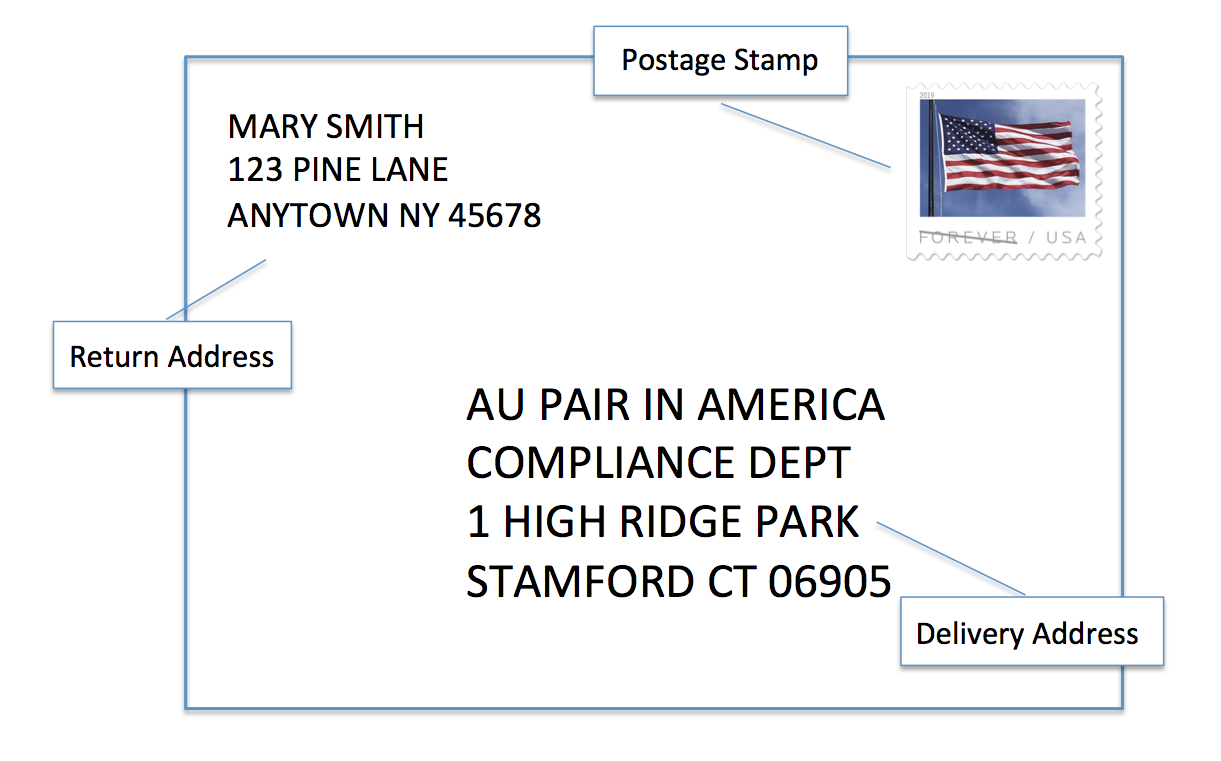Host parents often ask for suggestions on how best to handle common expenses that occur as au pairs are caring for the children.
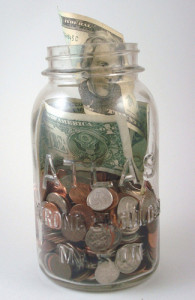 Miscellaneous Expenses
Miscellaneous Expenses
There are different ways to handle the little day-to-day expenses that come up. Things like when an au pair takes the kids out for ice cream or picks up a gallon of milk. Some families keep a cookie jar fund, a little cash that they set aside weekly or monthly for these types of expenses. Others give their au pair a prepaid debit card for this purpose. Below are some suggestions for avoiding problems with expenses.
Host Families
- It’s important to be clear about how long this money should last and what types of expenses are approved.
- Let the au pair know whether or not you expect receipts.
Au Pairs
- Only spend the money on approved expenses.
- If it is something you are not sure about, ask first.
- Put your receipts in the cookie jar in place of the money to avoid any confusion.
Gas, Uber & Metro
Host families are responsible for the au pair’s transportation costs: to and from classes, cluster meetings, and when driving the kids.
It is a good idea to figure out how much gas an au pair will use for these trips and either put gas in the car or give a gas allowance. If your au pair is riding to classes or cluster meetings with another au pair, you should offer to share the cost of gas.
Au pairs are responsible for their own transportation at all other times. You should replace the amount of gas used for personal use.
Photo: Andrea Travillian

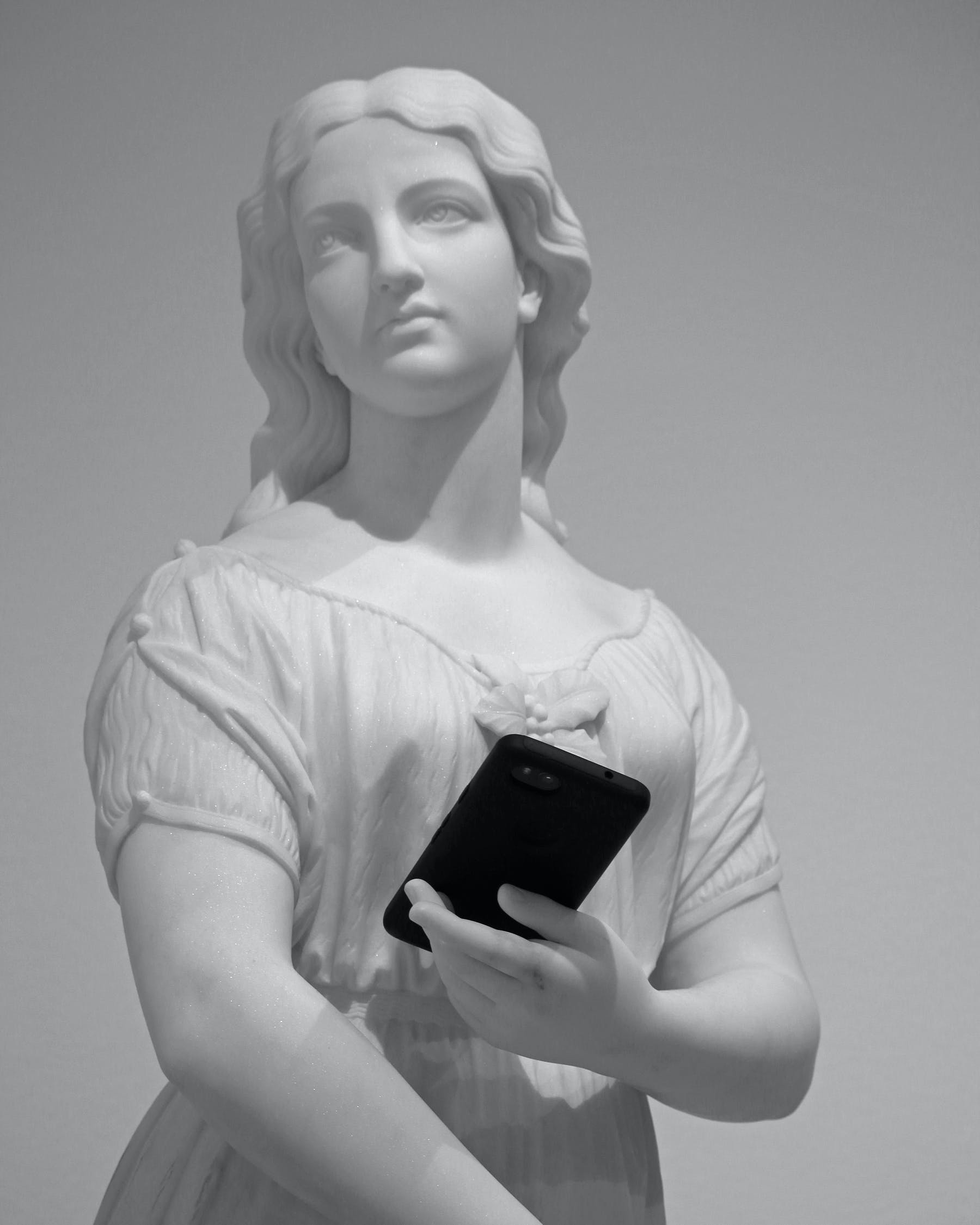 Au Pairs – Imagine for a moment that you went to the hospital and you were in the care of doctors and nurses. How would you feel if those doctors and nurses who were there to care for you were more interested in texting or using their personal computer than caring for you? How would that make you feel, about yourself and about them? Would you think that you were getting the treatment you deserved? Would you feel like paying the bill after your stay?
Au Pairs – Imagine for a moment that you went to the hospital and you were in the care of doctors and nurses. How would you feel if those doctors and nurses who were there to care for you were more interested in texting or using their personal computer than caring for you? How would that make you feel, about yourself and about them? Would you think that you were getting the treatment you deserved? Would you feel like paying the bill after your stay?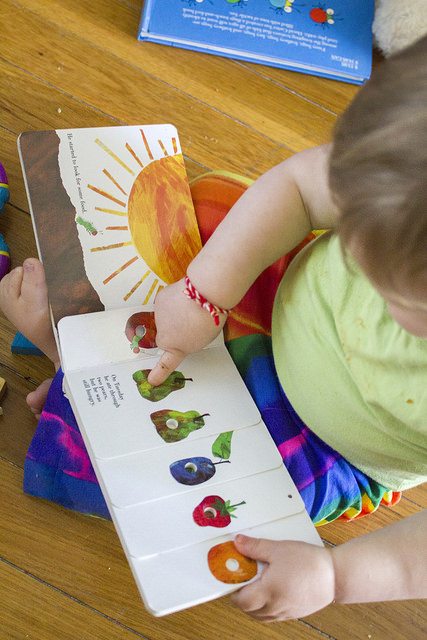 Below are a few tips to start with, for more ideas, check out
Below are a few tips to start with, for more ideas, check out  1. Make Friends – Don’t wait for other au pairs to reach out to you, reach out to them. There are lots of other new au pairs who are feeling the same way you are right now. Set a goal to reach out to one of them each day. Some will respond and some will not. Don’t let that discourage you. No one will ever be mad at you for sending them a message to say hello or ask if they want to do something together. Make friends from various countries and you will also get a chance to practice your English skills together.
1. Make Friends – Don’t wait for other au pairs to reach out to you, reach out to them. There are lots of other new au pairs who are feeling the same way you are right now. Set a goal to reach out to one of them each day. Some will respond and some will not. Don’t let that discourage you. No one will ever be mad at you for sending them a message to say hello or ask if they want to do something together. Make friends from various countries and you will also get a chance to practice your English skills together.
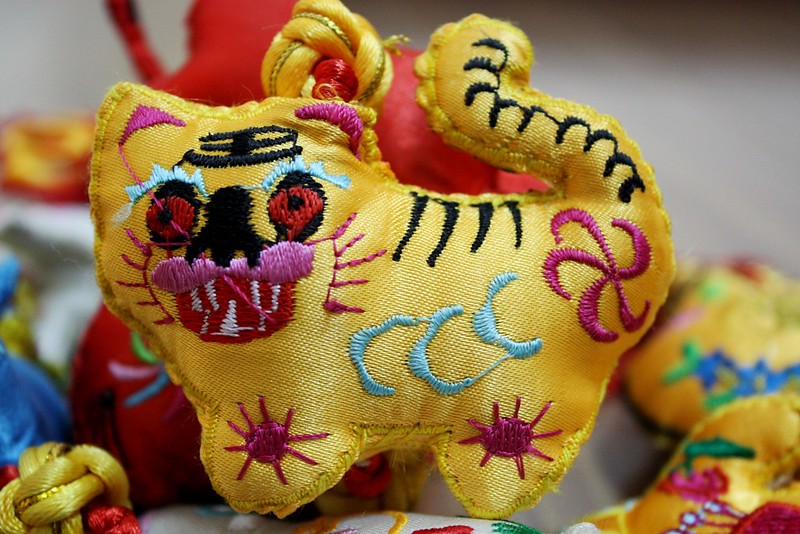 Lunar New Year is the most important holiday in China. Tied to the Chinese lunar calendar, the holiday began as a time for feasting and honoring ancestors as well as deities. Lunar New Year celebrations begin on February 1st.
Lunar New Year is the most important holiday in China. Tied to the Chinese lunar calendar, the holiday began as a time for feasting and honoring ancestors as well as deities. Lunar New Year celebrations begin on February 1st.